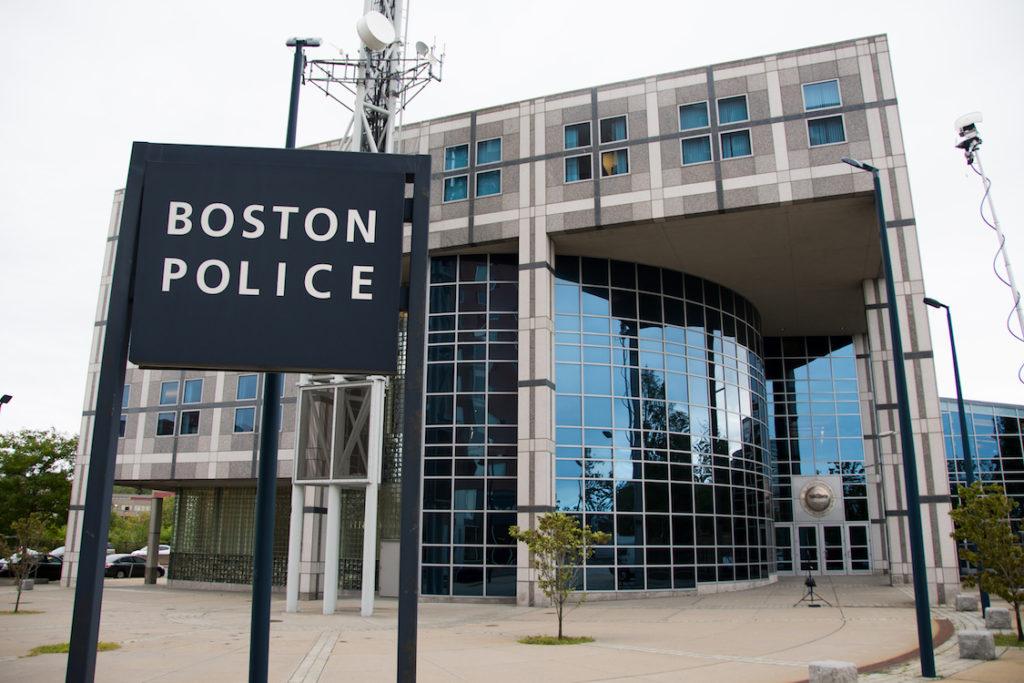By Alejandro Serrano, city editor
Boston Police Department (BPD) Commissioner William B. Evans testified at a hearing Tuesday afternoon that he has the authority to assign officers to wear body cameras following a lack of volunteers for a six-month trial program. Union officials implored for more time and conversation.
“I think it is my lawful authority as police commissioner to assign officers,” said Commissioner Evans during his testimony. “I think it’s really really important to get this program going. We have nothing to hide; we are the finest department in this country.”
The hearing followed a lawsuit filed against the city by the Boston Police Patrolmen’s Association (BPPA) –– the police department’s union.
BPPA challenged BPD in an attempt to stop the assignment of 100 officers to wear body cameras for a six-month trial. Both parties announced an agreement for the trial period on July 12 –– the agreement, however, was that officers would volunteer.
Both BPD and BPPA made it clear that the issue at hand is how to go forward with the trial period of the body cameras, that the actual use of body cameras is not in question and that there was a general assumption that 100 officers would have volunteered out of 1,500 BPD officers.
Union officials said that it took Evans almost a year to decide to go forward with the program and questioned why he wants to rush it now.
Evans said he was lukewarm to the idea of body cameras at first. Evans said he researched the topic and also said that BPD is one incident away from having Department of Justice intervention due to instances where the BPD has had video evidence involving shootings.
“I don’t want to be mandated [to enforce body camera usage],” he said.
Sophomore history major Grace Woodward said that while unions are important for companies to work efficiently, she believes Evans has the power to select officers for the test run.
“The body camera is an important issue,” she said. “Unless the union has a real issue as to what drawbacks are greater than the benefits, the commissioner should have the power in this case for the greater Boston community.”
Junior information technology major Peres Doubeni said he supports body cameras to enhance policing.
“Sometimes cameras can capture what eyes can’t,” he said. “If they get to a crime scene it can help with evidence. If something goes wrong the camera captures it.”
Judge Douglas H. Wilkins said he will make a decision by this Friday, Sept. 9.
“We’re asking you to do what the city refuses to do […] put this on hold,” said Susan Horwitz, the attorney representing the BPPA.
Mack Hogan contributed to this report. Photo by Brian Bae.









